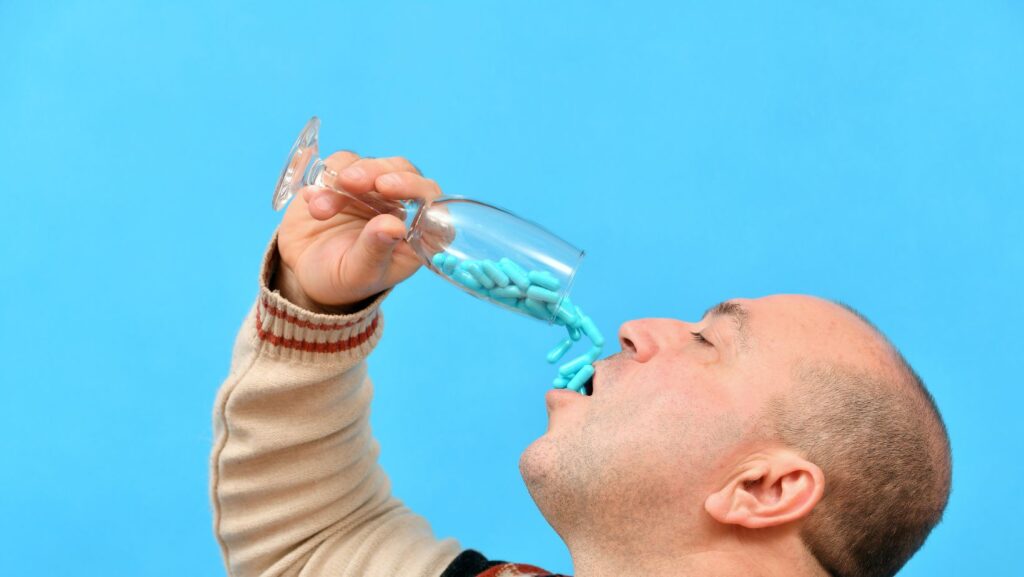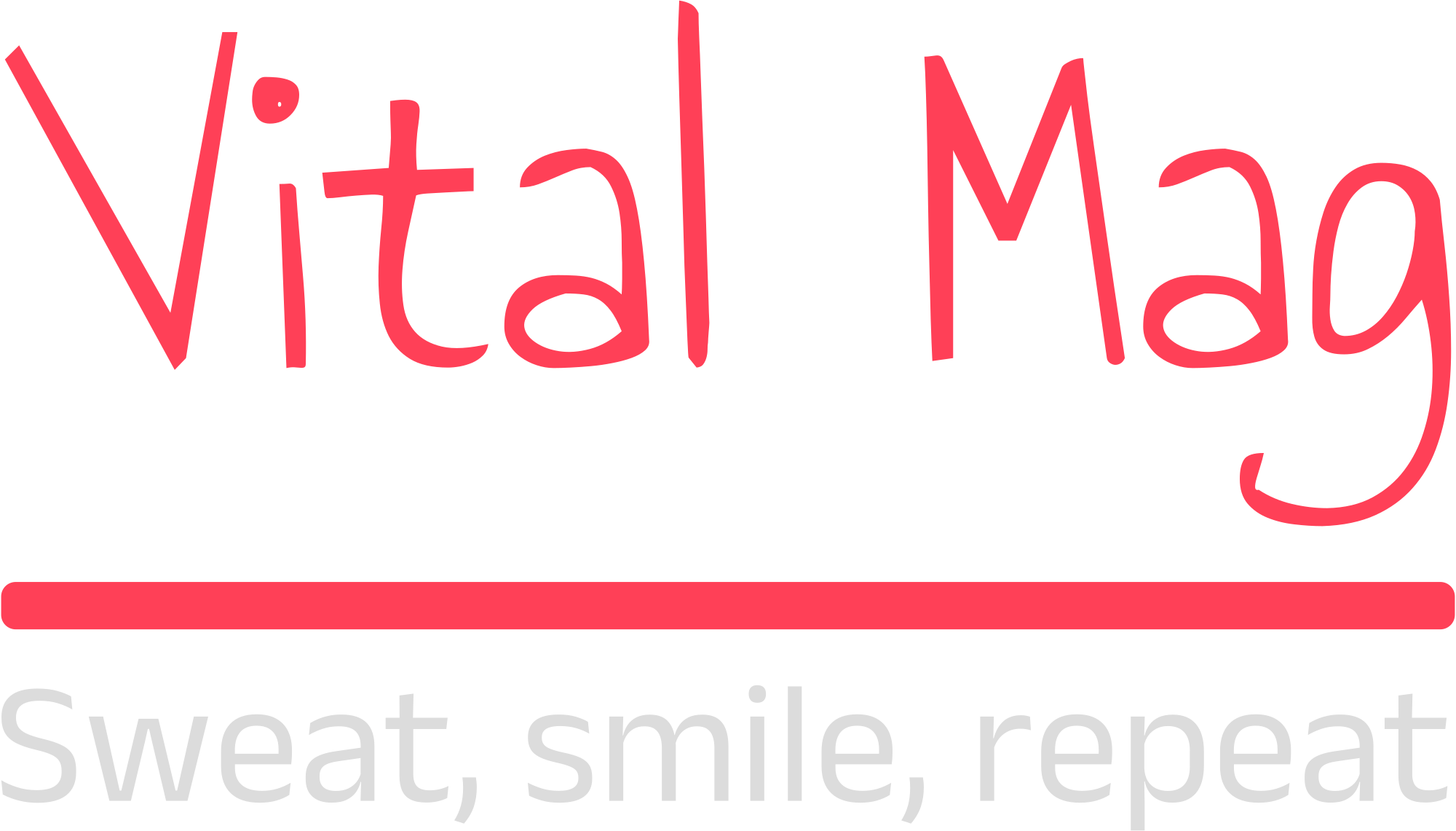Opioid, alcohol, and drug use are challenges many people face today. While occasional recreational use may seem harmless, repeated consumption can develop into a substance use disorder, impacting physical health, mental health, and daily life. But how do you know if you need rehab? Understanding this is crucial for preventing long-term consequences and regaining control before the situation worsens.
Substance use disorders do not discriminate, they affect people of all ages, occupations, and family backgrounds. Early intervention can stop the progression of a chronic condition and improve the chances of a successful recovery journey. In this article, we will examine the key signs that indicate you need addiction treatment and explain why seeking help early is crucial.
Understanding Substance Use and Addiction
Substance use refers to the consumption of drugs or alcohol in any amount. Experimental or recreational use does not always lead to addiction, but repeated use can result in physical dependence, high tolerance, and impaired control. Moderate substance use disorder and mild substance use disorder are medical conditions that indicate varying levels of impairment.
Drug addiction and alcohol use disorder are chronic diseases that affect brain chemistry. People struggling with these disorders often experience withdrawal symptoms when they try to stop using substances. Physical dependence increases over time, making it difficult to quit without professional help. Drugs or alcohol alter behavior and decision-making, leading to risky behavior and legal issues.
Addiction medicine and drug rehab programs are designed to address these changes. They combine medical supervision with counseling to support recovery. Addiction interventions can be tailored to individual needs, helping patients regain control over their lives.
Early Signs You May Need Addiction Treatment
Recognizing the early signs of substance use disorder is critical. Many people struggle for years before seeking help. Understanding these signs can guide family members and individuals in making informed decisions about addiction treatment.
Behavioral Changes
- Neglecting responsibilities at work, school, or home
- Declining performance or frequent mistakes at work
- Avoiding recreational activities or social interactions previously enjoyed
- Engaging in risky behavior to obtain drugs or alcohol
Behavioral changes are often the first observable indicators of a potential substance use disorder. These behaviors suggest impaired control and increasing reliance on substances to cope with daily life.
Physical Health Problems
- Weight loss or weight gain unrelated to diet
- Memory problems, difficulty concentrating, or confusion
- Fatigue, frequent illness, or heart failure in severe cases
- Experiencing withdrawal symptoms when attempting to stop use
Substance use impacts the body gradually. Long-term drug abuse or alcohol abuse can cause chronic disease, organ damage, and reduced overall well-being. Health problems are clear signs that professional help is needed.
Escalating Drug Use and High Tolerance
- Using larger doses over longer periods to achieve the same effect
- Inability to control the timing or quantity of use
- Experiencing cravings that interfere with daily routines
High tolerance and impaired control are hallmark signs of addiction. When moderate substance use becomes uncontrolled, the risk of overdose and serious health complications increases.
Social and Legal Consequences
- Conflicts with family members and friends due to substance use
- Legal issues such as DUIs, possession charges, or other criminal behavior
- Difficulty maintaining relationships or holding a job
The impact on social life and legal standing often prompts individuals to seek addiction treatment. Drug rehab programs provide structured environments to address both substance use and its social consequences.
The Role of Addiction Treatment and Drug Rehab
Addiction treatment programs are comprehensive and individualized. They are designed to address both substance use and co-occurring mental health disorders. Mental health services administration supports patients in accessing care, ensuring that mental health professionals provide integrated services.
Drug rehab programs may include:
Medical Detox
Detoxification is usually the first step in a drug rehab program. During detox, patients are carefully monitored by medical professionals to manage withdrawal symptoms, which can range from mild discomfort to severe, life-threatening reactions depending on the substance and level of dependence. This critical phase is a standard component of many high-end treatment facilities, including a well-known Beverly Hills rehab, which offers a safe and medically supervised environment to begin the journey to recovery.
Behavioral Therapies
Behavioral therapies are central to drug rehab because addiction is not only physical but also psychological. Cognitive-behavioral therapy helps patients recognize negative thought patterns and replace them with healthier behaviors.
Medication-Assisted Treatment (MAT)
Medication-Assisted Treatment (MAT) uses FDA-approved medications alongside counseling and therapy to address opioid and alcohol use disorders. Medications like methadone, buprenorphine, or naltrexone help reduce cravings, manage withdrawal symptoms, and stabilize brain chemistry.
Support Groups and Peer Counseling
Recovery extends beyond inpatient care, and support groups or peer counseling provide a community for continued growth. Patients share experiences, build accountability, and gain emotional reinforcement, which strengthens motivation and resilience.

These programs are not just about stopping drug use. They aim to restore daily functioning, improve physical health, and reduce legal and social consequences. Addiction medicine specialists work with patients to develop a treatment plan that promotes sustainable recovery.
Why Early Intervention Matters
Substance use disorders can escalate quickly, leading to severe physical health issues, legal problems, and social disruption. Seeking help early, before the addiction reaches an advanced stage, increases the likelihood of success.
- Early signs such as behavioral changes, declining performance, and high tolerance should not be ignored
- Professional help, including addiction interventions and drug rehab, can prevent life-threatening consequences
- Mental health disorders that co-occur with substance use are better managed with integrated care
The earlier the intervention, the more manageable the treatment process. Evidence shows that patients who engage in addiction treatment before reaching severe substance dependence are more likely to sustain long-term recovery.
Conclusion
Drug use and alcohol abuse can escalate quietly, leading to chronic disease, impaired control, and high tolerance. Recognizing early signs and seeking professional help is essential. Addiction treatment in Massachusetts and other drug rehab centers offer structured programs, medical supervision, and behavioral therapies to support long-term recovery.
If you or a loved one is struggling with substance use, do not wait. Contact a mental health professional or enroll in a treatment program today, and take the first step toward reclaiming your health, relationships, and well-being.

Ann is a beacon of inspiration and knowledge in the health blogging community, known for her holistic approach to wellness that combines mindful nutrition, balanced fitness routines, and mental health awareness. With a passion for empowering her readers to achieve their healthiest selves, Ann shares practical advice, easy-to-follow recipes, and personal anecdotes that make navigating the journey to wellness accessible and enjoyable.

